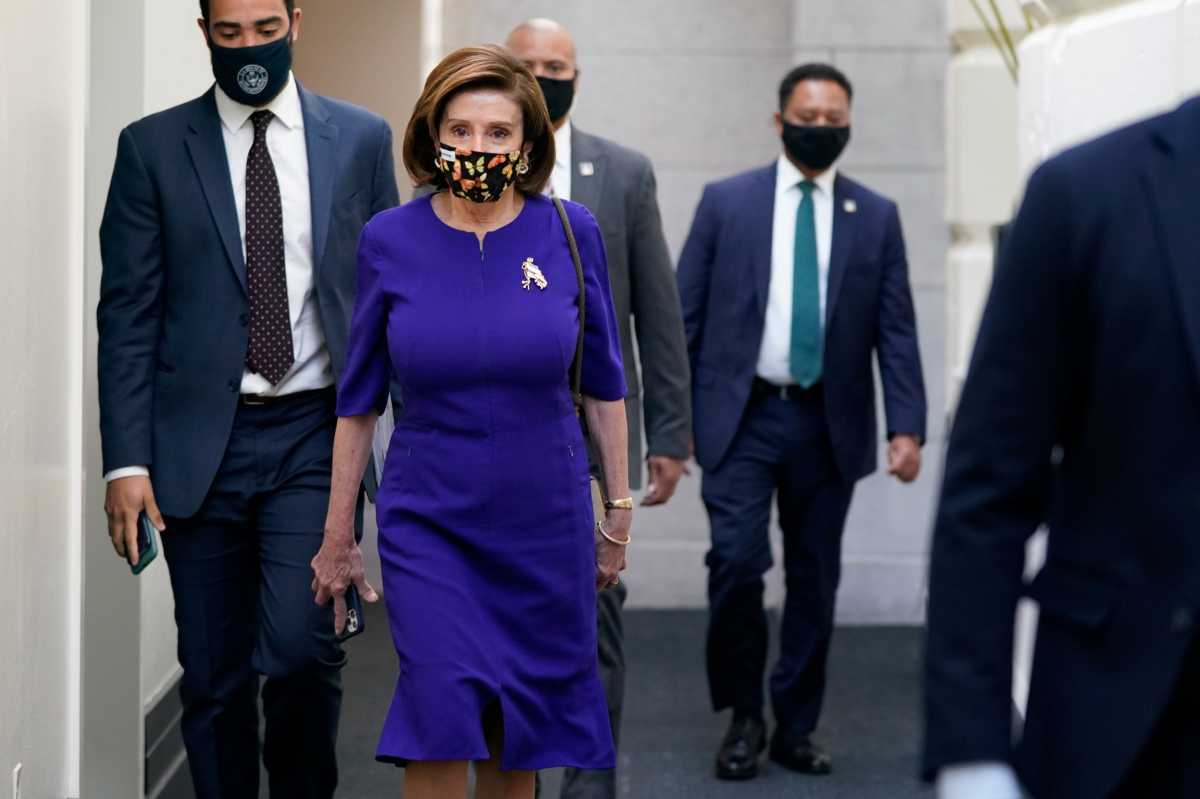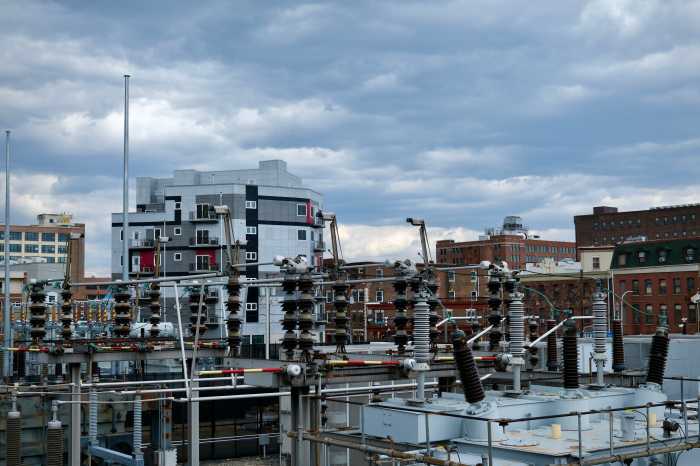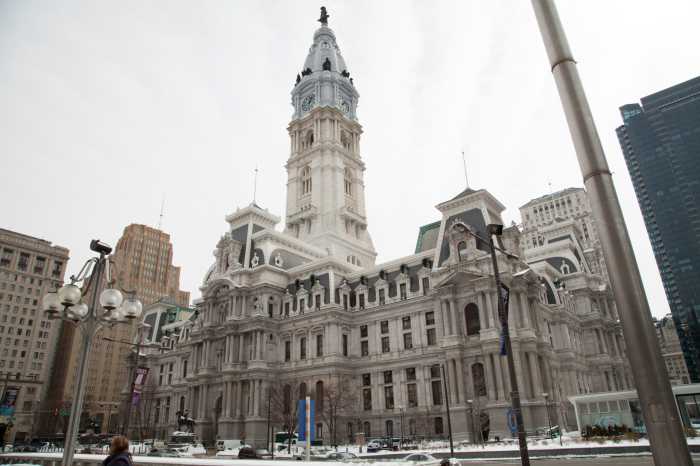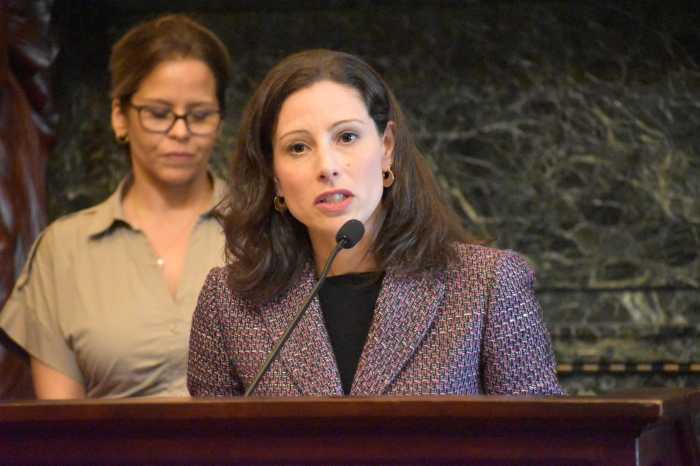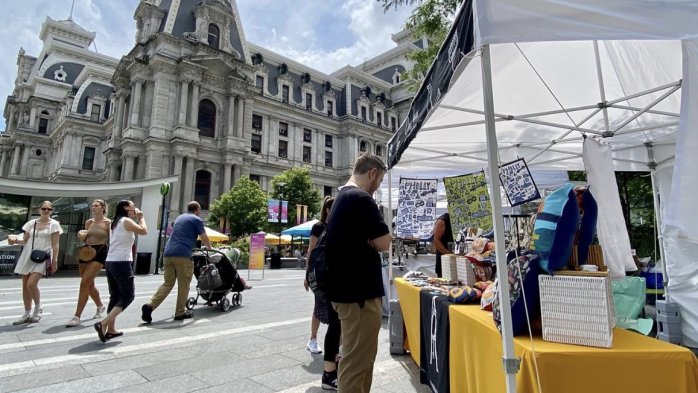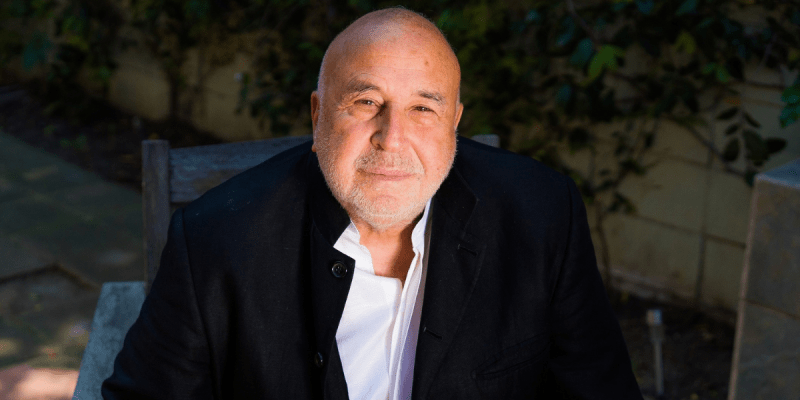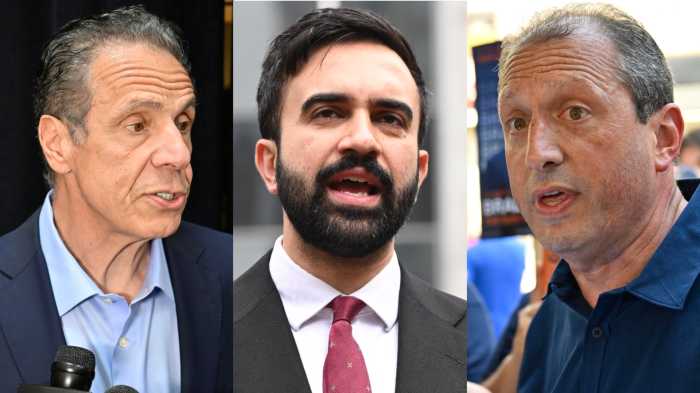By Richard Cowan, David Morgan and Timothy Gardner
U.S. congressional Democrats on Tuesday were struggling to reach agreement within their fractious caucus on a bill to expand social programs and tackle climate change, with disagreement on multiple major issues reducing the odds of a quick vote.
President Joe Biden’s Democrats have spent months fighting over what to include in a bill forecast to spend at least $1.5 trillion over 10 years — less than half the initial $3.5 trillion target — with moderates and progressives divided over issues including taxes, prescription drug pricing, family leave, climate change and immigration.
Negotiations on that bill have held up passage of a Senate-approved $1 trillion infrastructure bill that passed with the support of 19 Republicans, as the House of Representatives’ large progressive caucus has refused to vote on it until the bigger deal is reached.
The leader of the 95-member Congressional Progressive Caucus and House Speaker Nancy Pelosi were at odds on Tuesday as to whether to try to vote this week on the infrastructure bill, ahead of a Biden trip out of the country.
“Let’s vote both of them out at the same time,” Representative Pramila Jayapal as she left a meeting with Pelosi. Referring to the still-under-negotiation social spending bill, the caucus leader added: “We gotta have the agreement on what it is, so that it can be written up. And then we can vote both bills through.”
Asked about Jayapal’s comments that having an agreement in principle would not be enough to justify a vote on the infrastructure bill, Pelosi replied, “Well, I think it is.”
With razor-thin margins in the House and Senate and a united Republican opposition, Democrats need almost 100% unity to pass either package.
The number of difficult issues still to be resolved appeared to be daunting.
Senator Tim Kaine, following a lunch meeting of Democratic senators, ticked off parental leave benefits, Medicare and Medicaid expansions, a possible “billionaires tax” and lowering the cost of prescription drugs as some of the undecided portions of the potentially sprawling legislation.
Senate Finance Committee Chairman Ron Wyden said details of his plan to raise taxes on billionaires, many of whom he says pay next to nothing, would be unveiled later on Tuesday.
That idea is getting pushback from key House Democrats who want to stick with their proposals for raising tax rates on the rich and corporations.
Democrats were eyeing prompt passage of the infrastructure measure as a way of refreshing many surface transportation programs that expire on Oct. 31. They also think the bill’s new investments in roads, bridges, airport construction and broadband internet service for rural areas would boost their chances of winning the tight Nov. 2 governor’s race in Virginia.
Democrats intend to use a special “budget reconciliation” procedure to pass the larger of the two bills by simple majority in the Senate and without any support from Republicans.
Reuters



